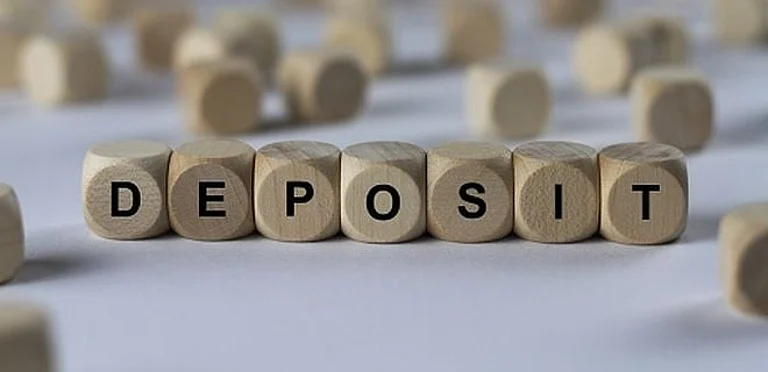With the use of a credit card, users can easily manage their spending and make transactions. However using a credit card also means taking the responsibility of making timely payments to avoid interest charges and penalties. Not making a payment on time can result in late fees, higher interest rates, and a lower credit score. To avoid such consequences, credit card issuers provide some customers a grace period to give them some extra time.
Credit Card Grace Period: What You Should Know
A grace period can provide extra time to avoid late fees and interest on missed payments
What Is A Grace Period?
A credit card grace period is the period between the end of a billing cycle and the payment due date during which interest is not charged on new transactions. This period usually lasts between 21 days to 25 days, giving cardholders the opportunity to pay their balance in full without incurring interest. Notably the total amount is paid by the due date, no interest is applied. However, if any portion of the amount remains unpaid, interest is charged from the date of the transaction. For example, if a billing cycle closes on June 30 and the due date is July 25, the grace period allows interest-free payment until the deadline 21 to 25 days after that.
Benefits of a Credit Card Grace Period
There are several benefits of having a grace period, here’s a look at some of them:
1. Avoids Interest on Purchases: Since no interest is charged on new transactions, cardholders can use their credit cards without paying additional fees as long as the entire statement balance is paid before the due date.
2. Provides Extra Time for Payment: By providing extra days after the billing cycle finishes the grace period allows cardholders to plan their finances and make payments without immediate financial pressure.
3. Improve Credit Score: During the grace period, regular payments help build a good payment history, which over time can raise the cardholder's credit score.
4. Helps in Financial Planning: People can manage their budgets better and prevent cash flow problems by using the grace period to schedule credit card payments according to their income or salary schedule.
5. Encouraging Responsible Spending: Knowing that there is a deadline to pay off the balance without incurring interest promotes disciplined financial habits and prevents unnecessary debt accumulation.
When Do Card Companies Revoke Grace Period
The grace period is taken away and interest is assessed on both the outstanding balance and any subsequent transactions if a cardholder carries a balance from one billing cycle to the next. Cash advances also have no grace period, so interest begins to accrue on the date of the transaction.
In addition to losing the grace period, late payments may result in interest being charged on all subsequent purchases as of the day of the transaction. Also, there are certain types of cards such as charge cards that may not provide a grace period at all, necessitating full payment each month to avoid penalties. Cardholders can avoid unnecessary interest costs and improve their credit management by being aware of these terms and conditions.



